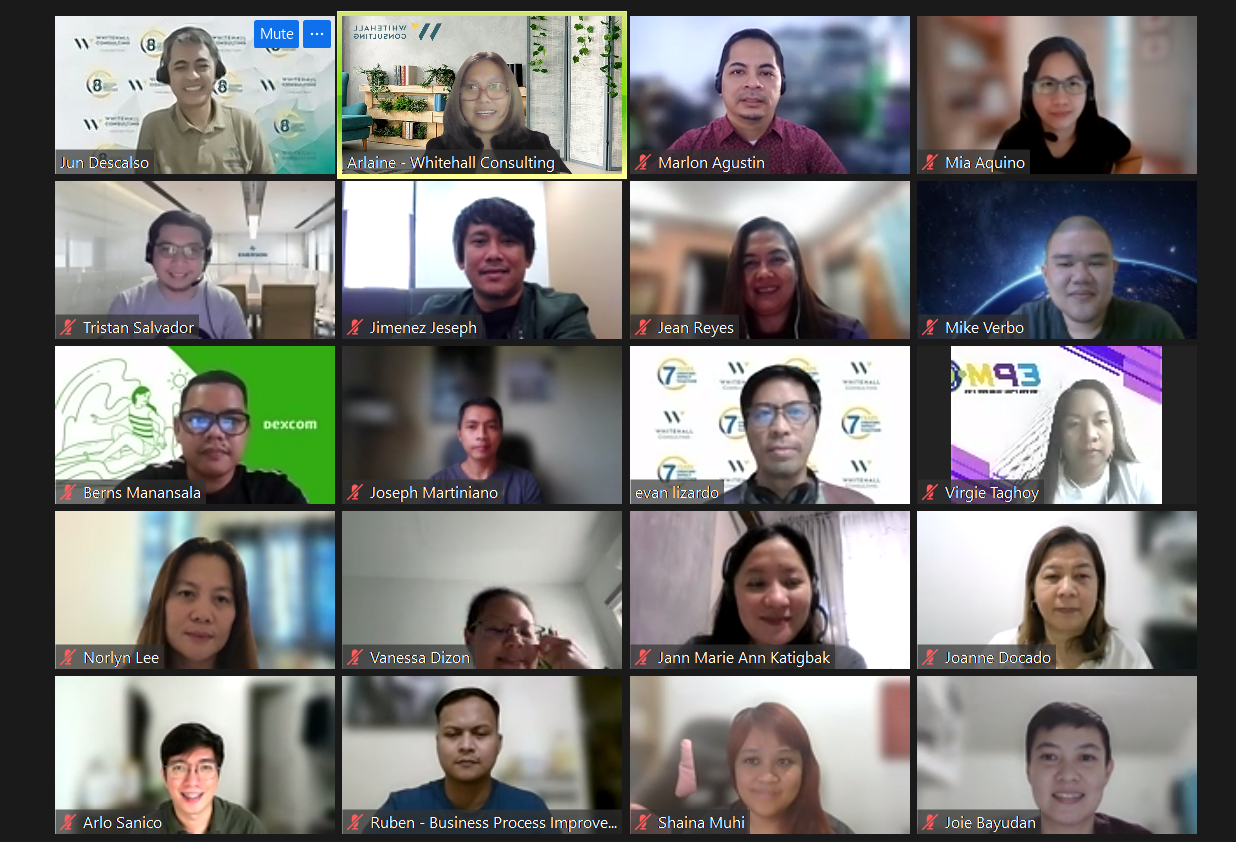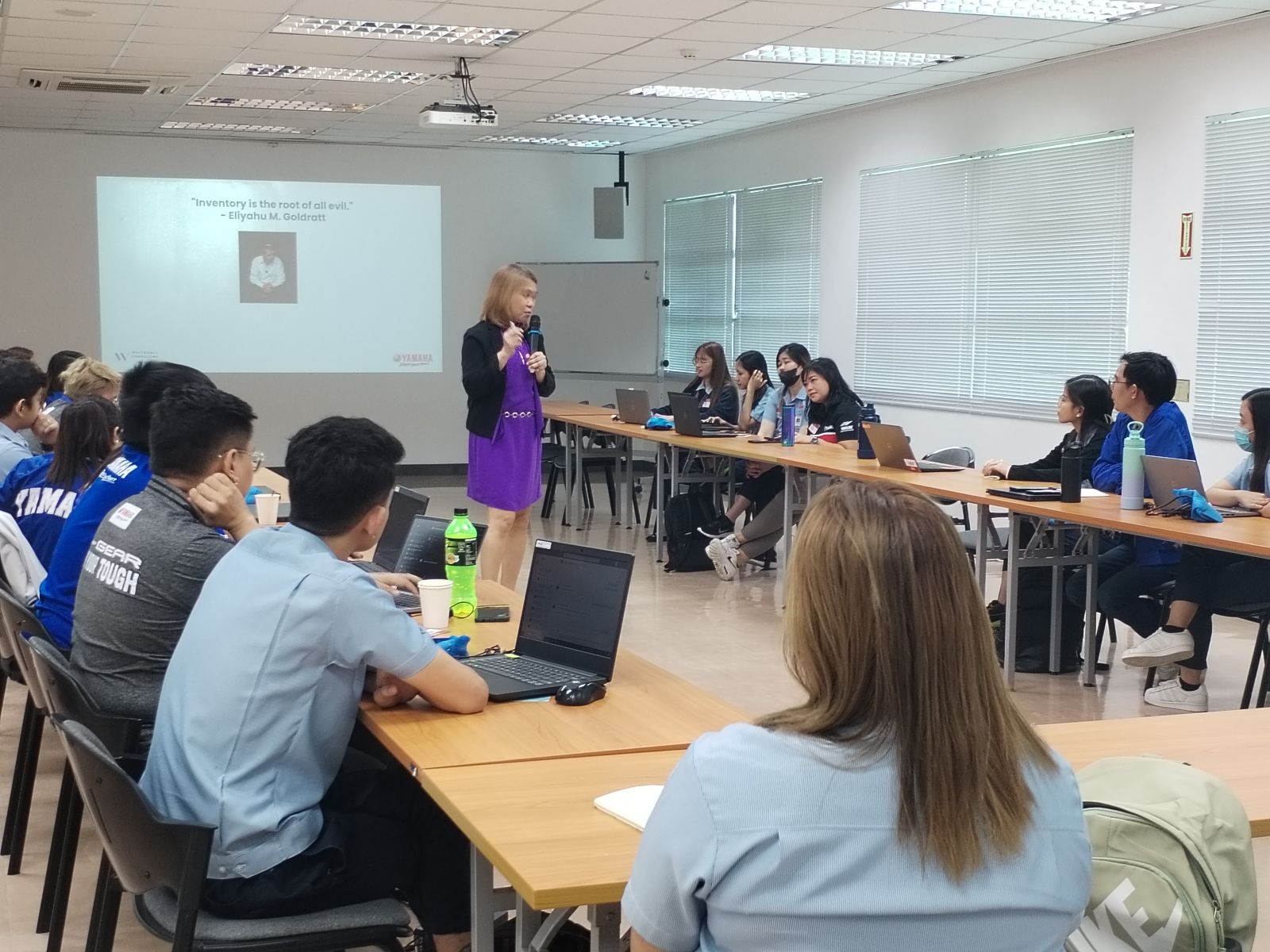The Philippines, being a tropical country, is regularly visited by typhoons, with weather varying from dry sunny days to stormy periods that generate floods. Often times along the path of typhoons and rainfall, are business districts that drive the nation’s economy. These instances of capricious weather are very disruptive to businesses, as employees are forced not to come to work, transportation and other logistics are delayed, and electricity is shutdown.
Many companies go through this unfortunate experience every so often. Typhoons and natural calamities shut down work in both private and public sectors. These cause delays to customers and other stakeholders. While many companies have a disaster recovery plan, most of the time it is not extensive enough. As employees and their leaders are unable to act, business opportunities are lost, and assets and property are damaged.
There are other threats aside from natural disasters. All organizations are also vulnerable to cyber security attacks, work stoppage caused by employee absence, sudden power outages, and loss of data connection. Disasters can also be caused by situations beyond the control of the company, such us political unrest and criminal or terrorist attacks. Business disasters come in all shapes and sizes, and company managers and executives should take steps on how to give their organizations a better chance to recover quickly.

Companies have varying justifications for not having a business continuity plan (BCP) in place. Many leaders think that the effect of threats and their probability to happen are very low, so they would rather not plan for them. Other excuses include the mindset that developing a plan would take too much time and money. What managers forget is the fact that business interruptions and the inability to recover from them quickly, would actually be more costly. Some companies are also overconfident in their existing protocols, that they tend to overlook the gaps in their contingency measures.
If these hold true in your organization, perhaps now is the right time to start planning. While there are ways that a BCP can be developed internally, it will be better to get the expertise of an external BCP consultant, especially one that can help your organization get certified in ISO 22301. An ISO-BCP consultant can guide business leaders through the step-by-step planning process to create an effective plan.The consultant can help organizations identify and focus on the threats that have the highest impact to the business, and are likely to disrupt their operations. The BCP consultant can also determine which functions are essential for recovering quickly and continuing operations. Moreover, a consultant can guide the organization in developing the actual contingency procedures that are easy-to-use, and tailored to every risk that can occur.
There are many valid grounds for organizations to have a solid BCP in place. With a business continuity plan, the business will have a stronger chance of minimizing the loss of revenue and customers during interruptions. A strong and tested BCP boosts the confidence of customers. When they know that the business is stable and reliable, customers are less likely to flee to competitors if a disaster occurs. Having a plan in place signifies that the organization is dedicated and prepared to protect its employees, clients and assets. With substantial confidence in the business’ ability to continue operations during a disaster, the company’s reputation with customers, staff, and investors are strengthened.
Your organization must be protected and prepared at all times. Every business must know how to react during an emergency. A BCP is integral to your company’s survival, and it is a must to devote time and resources to planning for events that can potentially disrupt operations. Your company’s ability to get back to business after an emergency, depends on the planning and preparation you do today.





